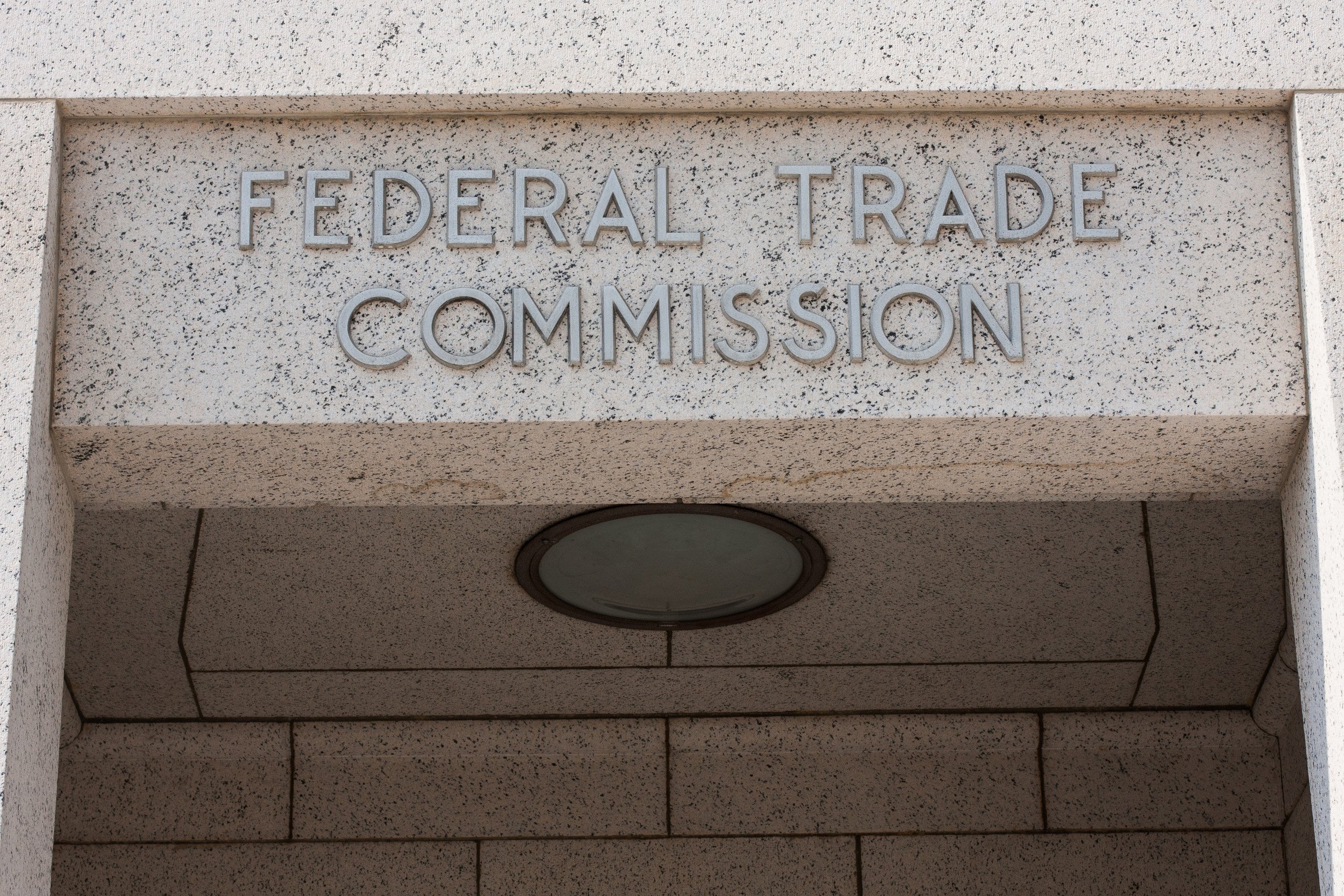2 min read
NetCentrics Corp. v. United States: COFC Rejects Government Remand Request
Joe Whitcomb
:
October 27, 2025

Background
NetCentrics Corporation filed a complaint in the U.S. Court of Federal Claims challenging the Federal Trade Commission’s (FTC) award of an information technology services contract to Leidos, Inc. The solicitation was for comprehensive IT support, including cybersecurity, network operations, and systems integration. NetCentrics alleged that the FTC’s evaluation process and source selection decision violated federal procurement law under 28 U.S.C. § 1491(b).
Procedural History
The FTC issued the solicitation as a competitive procurement and received proposals from multiple vendors, including NetCentrics and Leidos. After evaluation, the agency selected Leidos for award. NetCentrics filed a post-award bid protest claiming that the FTC engaged in unequal discussions, waived solicitation requirements for Leidos, and conducted arbitrary technical and past performance evaluations. The complaint also alleged that the FTC failed to reasonably investigate a potential organizational conflict of interest involving Leidos.
The government subsequently moved for a voluntary remand under Rule 52.2 of the Rules of the U.S. Court of Federal Claims, requesting to reconsider certain aspects of the award decision. The government proposed limited corrective action that would allow both vendors to provide clarification on performance risks and confirm commitment to their proposed solutions but without permitting any proposal or pricing revisions.
NetCentrics opposed the motion, arguing that the proposed remand lacked specificity and would not resolve the substantive issues in its complaint. Leidos did not oppose the government’s request.
Court’s Analysis
The Court of Federal Claims reviewed the government’s request under standards governing voluntary remand and corrective action. A remand may be granted if the government provides a substantial and legitimate justification for reconsideration and if remand would advance judicial efficiency without prejudicing the parties. The court emphasized that voluntary remand requests must be supported by detailed reasoning rather than general assurances of fairness.
The court found that the government’s motion did not satisfy these requirements. It noted that the government failed to explain what specific procurement errors it intended to correct or how limited communications would address NetCentrics’s seven claims. The proposed remand did not include rescinding the award to Leidos, initiating new evaluations, or permitting proposal revisions—measures typically necessary for a meaningful corrective action.
The court observed that the government’s justification—that remand would promote fairness and judicial efficiency—was not compelling. The contracting officer’s declaration, which expressed a desire to ensure both vendors felt fairly treated, did not constitute a legitimate legal basis for remand. The court explained that agency reconsideration must address substantive procurement defects, not procedural dissatisfaction.
The court also found the proposed remand too narrow in scope, as it would address at most one count of NetCentrics’s amended complaint and leave others unresolved. Because the government’s plan would not moot the protest or materially alter the award decision, the court concluded that remand would likely only delay resolution.
The decision cited prior rulings, including Keltner v. United States (2020) and Rahman v. United States (2020), emphasizing that courts must evaluate whether a remand is substantial, legitimate, and efficient. Here, the government’s request lacked the necessary detail and legal justification to meet that standard.
Court’s Ruling
On February 13, 2024, the U.S. Court of Federal Claims denied the government’s motion for voluntary remand. The court found that the government failed to provide a compelling reason for remand, that the proposed corrective action would not resolve the dispute, and that further delay would undermine the goal of finality. The case was ordered to proceed on the merits, and the parties were directed to file a joint status report proposing a schedule for briefing and resolution.
Assistance with Bid Protest Matters
If your business is involved in a bid protest or government contracting dispute, Whitcomb, Selinsky PC assists with bid protest matters. Contact our team to learn how we can help you evaluate procurement decisions and protect your competitive interests in federal contracting.


